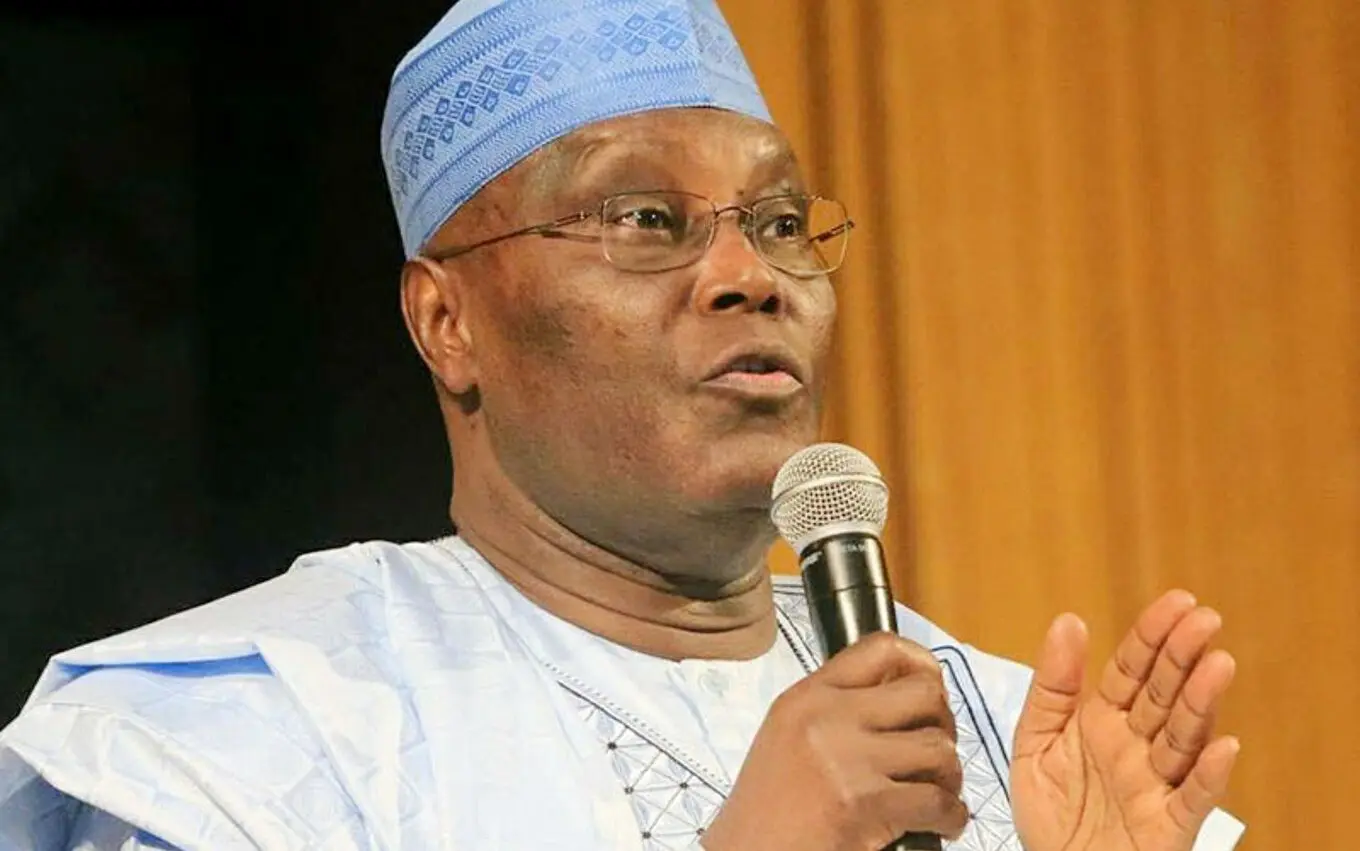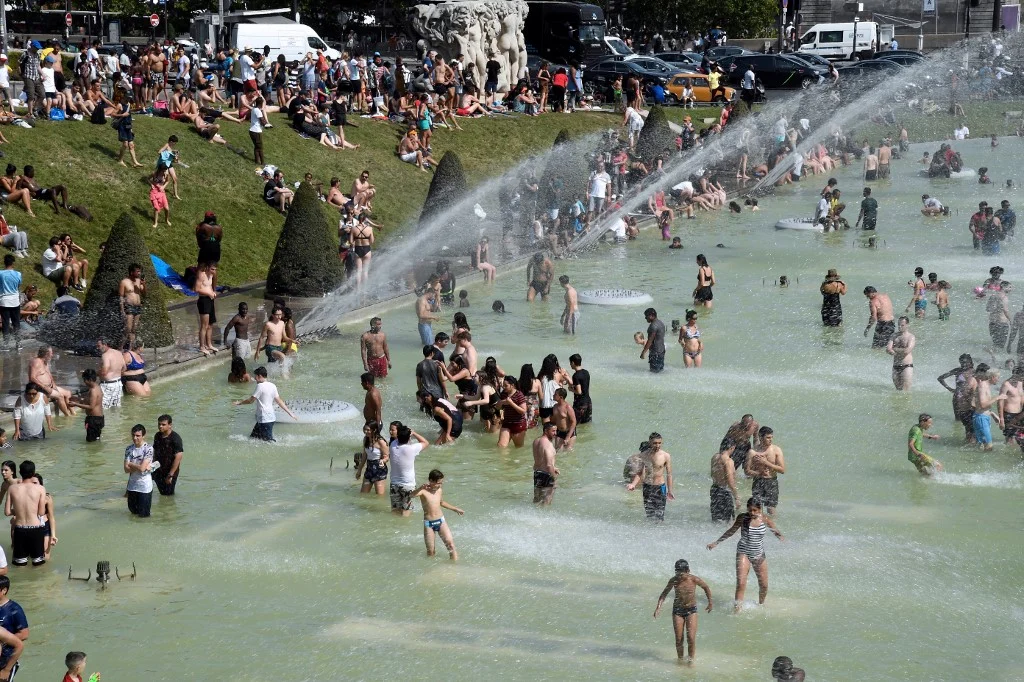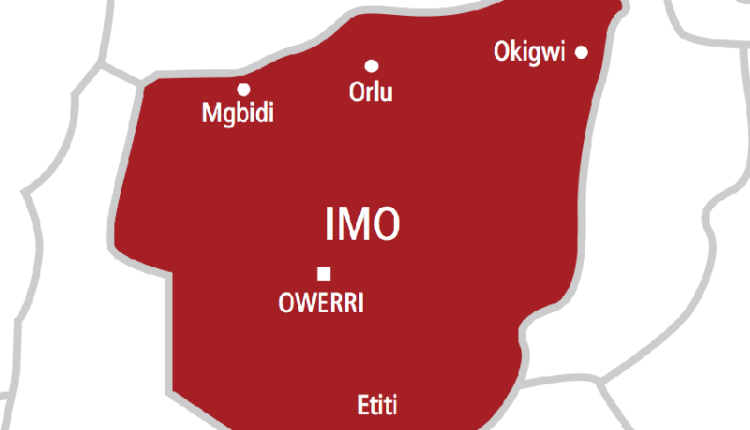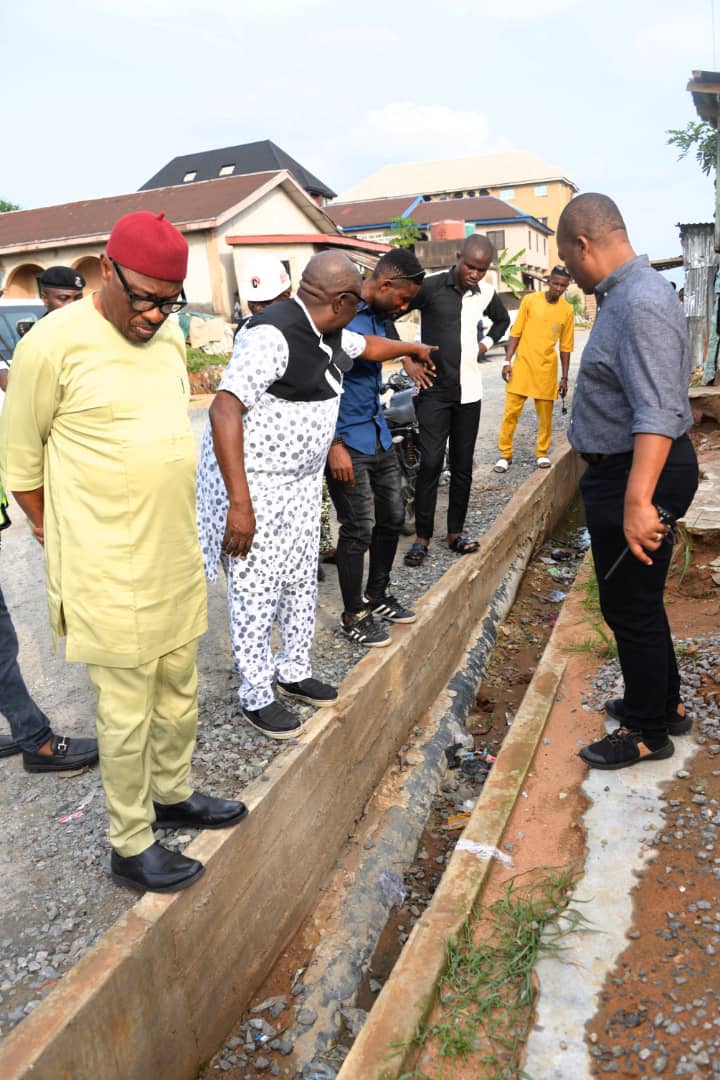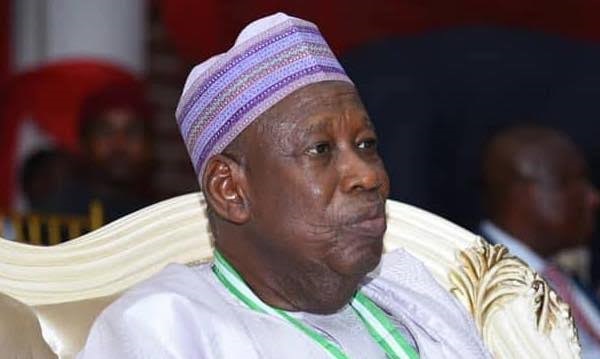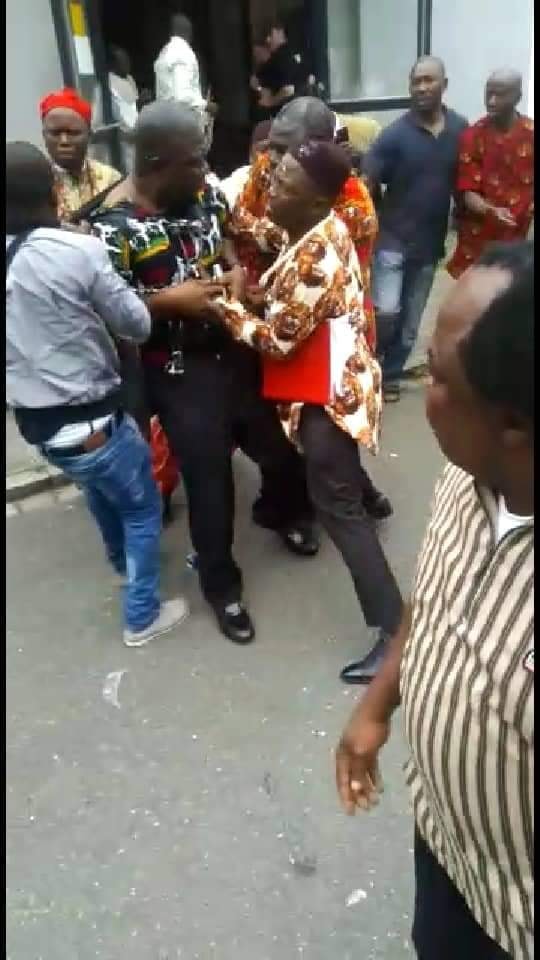Surge In Voter Registration: INEC Needs To Extend Deadline
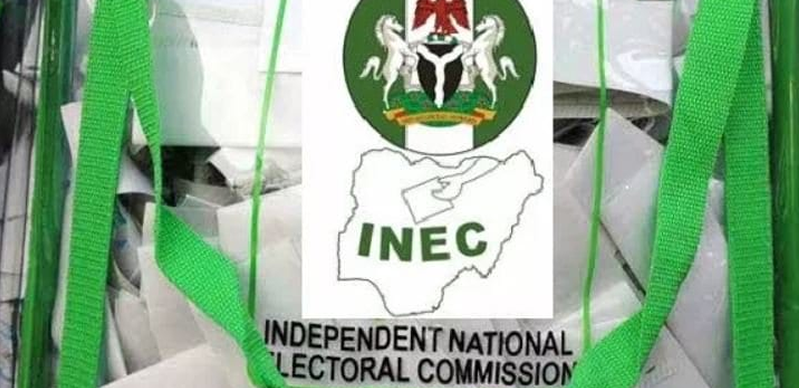
On Friday, the Independent National Electoral Commission announced that based on the reports it received from some states about “unprecedented surge in the number of citizens that wish to register as voters and the challenges they face across the country,” it held a meeting and decided to deploy additional 209 machines to the five South-Eastern states, Lagos and Kano where the pressure is most acute. INEC’s press statement added that “in some states, the sudden turnout of prospective registrants is overwhelming.”
The electoral body said that it would monitor the situation over the next few days and thereafter hold another meeting to review the progress of the registration exercise. The press statement signed by Mr Festus Okoye, Chairman, Information and Voter Education Committee, gave an assurance to Nigerians thus:
“Every step will be taken and all options will be explored to ensure that eligible Nigerians are given the opportunity to register as voters. The Commission appeals for the patience and understanding of all citizens. Every Nigerian who is 18 years of age and above has the constitutional right to register and vote in any part of the country he/she resides in without let or hindrance.”
Over the years, INEC has been appealing to Nigerians to register to vote, but many – especially, the youths who are in the majority in Nigeria – usually don’t heed that call because of the belief that votes don’t count and that Nigerian leaders don’t deliver on their campaign promises. The choice of words of INEC showed that INEC recognised that something different is happening this period regarding the voter registration exercise, even though it didn’t say the cause of that heightened interest.
The phrases “unprecedented surge” and “sudden turnout” used by INEC capture the image of what has been happening at some voter registration centres in recent weeks. Videos from some of such centres have shown people surging like the crowds one sees at political rallies or musical concerts. The only difference is that the ones at the voter registration centres usually surge forward in desperation like people who are afraid that they may miss out of the largesse if they don’t exert some pressure or force.
There have been complaints by many people that they have gone to such registration centres repeatedly without getting registered. As the June 30 deadline draws near, they feel more afraid that they may end up not being registered.
INEC had suspended the online pre-registration, which was running simultaneously with the physical registration, on May 30. The commission noted that online pre-registrants would require time to schedule appointments to complete their registration physically at designated centres. Therefore, INEC
decided to suspend the online registration on May 30, so that online registrants would be able to complete their registration physically at the designated centres before June 30. This would enable the commission to clean up the registration data, print the permanent voters’ cards and compile the register ahead of the 2023 general elections in February and March.
However, because of the looming danger that many will be disenfranchised if INEC ends registration on June 30, there have been calls that INEC should extend the deadline by about two to three months (end of August/September). With that, the chances of more people being registered will have increased
Some groups have even taken legal action against INEC in this regard. Last week, the Socio-Economic Rights and Accountability Project and 185 concerned Nigerians filed a lawsuit against the INEC, asking the court to “declare unconstitutional, illegal, and incompatible with international standards the failure of the electoral body to extend the deadline for voter registration to allow eligible Nigerians to exercise their rights.” SERAP asked the court to compel INEC to extend the deadline by three months.
In the suit filed last Friday at the Federal High Court, Lagos, SERAP is asking the court to determine “whether the failure of INEC to extend the deadline for voter registration is not a violation of Nigerian Constitution, 1999 [as amended], the Electoral Act, and international standards.” The suit also asked the court for “a declaration that the failure of INEC to extend the deadline for voter registration is a violation of eligible Nigerians’ rights to participate freely in their own government, equality and equal protection.
Those who share the view of SERAP argue that despite INEC’s repeated fervent insistence that it would not extend the deadline for the conduct of primaries by political parties, it eventually did that, adding six more days to the deadline when the main opposition party, the Peoples Democratic Party, had already started gathering for its presidential primaries.
By May 27 when INEC added the extra six days for the completion of primaries, it was obvious that the ruling All Progressives Congress was not ready for its primaries. It had not even screened its aspirants. If the June 3 deadline had been adhered to, APC would not have completed its primaries tidily. The six-day extension was, therefore, seen as a step taken through pressure from the ruling party, led by the President, Major General (retd) Muhammadu Buhari on INEC.
Unlike in the past campaign periods when the ruling party would set the tone for the opposition to follow, the APC was dillydallying, waiting for the opposition PDP to set the tone by conducting its presidential primaries first. The APC continued to change the date of its primaries until the PDP had conducted its primaries. This narrowed the number of available days for the party to less than one week before INEC intervened with its questionable extension.
That action made many observers to raise fears that INEC may not fully be independent and disinterested in the conduct of the 2023 elections, which may cast doubts over the quality and reliability of the results therefrom. It was in because of this curious extension that favoured the ruling party that SERAP and others are arguing that INEC should also try to favour the masses by extending the deadline for registration of voters, to increase the chances of more eligible voters registering.
Over the weekend, the Nigeria Civil Society Situation Room (Situation Room), a coalition of Civil Society Organisations, added its voice to the call for INEC to extend the continuous voter registration exercise.
“While we note that some registrants wait for the last minute to meet deadlines for registration, it is also worthy to note that there have been several complaints of inadequate manpower and equipment in INEC offices, thus making it difficult to have a seamless registration process,” its statement said. “This has led to delays and restiveness of citizens waiting to register in long queues,” the body added.
The body said that it was concerned that many Nigerians would be discouraged and disenfranchised if the exercise was not made seamless and the deadline extended. It added that INEC is yet to cover many of the rural communities in this process, thereby excluding citizens who may be far away from the INEC offices which are usually located within the local government area headquarters.
Next year’s election is evoking a special kind of interest in the people. Many people who never cared to vote are showing interest in voting. INEC should not be a stumbling block to Nigerians who desire to vote and have a say in who becomes their leader.
